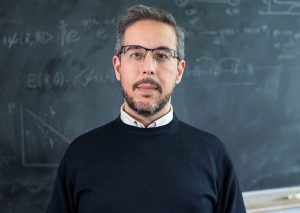
Photo by: César Hernández Regal
Juan José García-Ripoll is a renowned quantum physicist, a research scientist at the Spanish National Research Council (CSIC), and co-founder of the startup Inspiration-Q. His valuable contributions to the early designs of quantum simulators and computers using ultracold atoms, trapped ions, and superconducting quantum circuits have established him as a prominent figure in the field of quantum technologies.
However, his influence extends beyond this. Currently, Juan José coordinates important quantum research groups and networks in Spain, such as the Quantum Information and Foundations Group (Quinfog), the Spanish Network for Quantum Information and Quantum Technologies (RITCE), and the Quantum Technologies Platform of CSIC, QTEP. This is in addition to his role as the coordinator of the Quantum Spain team dedicated to researching and developing new quantum algorithms.
In his free time, Juan José finds harmony in playing the guitar, engaging in sports, immersing himself in the world of literature, languages, and travel.
You’ve had a remarkable career in the field of quantum technologies. What initially inspired you to pursue this area of research?
My doctoral thesis focused on the study and control of ultracold atoms and Bose-Einstein condensates. In 2001, alongside trapped-ions, it was one of the first “quantum technologies” in the sense of perfectly controlled experiments used for quantum simulation. In that year, I began my postdoctoral research, during which I had the privilege of working in the group of the renowned Spanish physicist Ignacio Cirac. This experience was pivotal in shaping this field. Together, we developed more ideas for quantum simulation and some proposals for ultra-fast quantum computation with trapped-ions. Therefore, it can’t be said that I dedicated myself to this research area; rather, this research area grew around the work I did during my doctoral and postdoctoral studies in Munich.
How would you assess the current state of quantum computing in Spain? In your opinion, what are the most significant challenges in this field?
Spain faces a serious deficit in experimental research, stemming from a funding environment that doesn’t strongly support emerging areas and young researchers with great potential. This is one of the reasons why we have very few laboratories capable of conducting quantum technology experiments today, and even fewer capable of building a quantum computer. On the other hand, this experimental shortfall is complemented by a strong pool of theoretical research talent, with great potential to contribute to other more theoretical aspects of quantum computing. There are also significant challenges in this domain, such as finding heuristic algorithms with practical advantages over traditional computing or, conversely, developing new classical algorithms that draw from what we learn from programming and studying quantum computers.
What do you consider to be the differentiating factor of Quantum Spain compared to other quantum computing projects?
One differentiating factor is the project’s cross-disciplinarity, involving almost the entire academic ecosystem of quantum information and quantum computing, and its dual approach to hardware and software. I hope this will serve to enhance collaborations and explore synergies between the most fundamental aspects of quantum computing and more applied aspects.
Could you explain the objectives of the work package you coordinate in Quantum Spain? How will they contribute to the project?
Together with Román Orús and Maia Vergniori from DIPC, we coordinate a large work package that explores the creation of quantum software in the broadest sense. This includes both building authentic libraries for solving specific problems, driven by industry or research motivations, and advancing fundamental knowledge of how and why a computer can achieve quantum advantages. It’s a melting pot of highly interdisciplinary ideas with a team of excellent research groups spread across multiple universities and research centers.
What advice would you give to young scientists interested in pursuing a career in the field of quantum computing?
Quantum computing is still a research area. This is not a drawback, but it implies that there are no “cut-and-paste” solutions, and tackling specific problems involves learning from a wide range of sources: computer science, programming, quantum computing, quantum information, and more. It’s not easy; it requires an open mind and a great capacity for work and learning, but the results are very exciting, producing profiles with a broad outlook and excellent problem-solving abilities.
Outside of your scientific career, we know you have interests in music, sports, reading, and travel. How do you find time to maintain a balance between your personal and professional life?
Well, I often wonder if I have an adequate balance myself. The academic career is an environment susceptible to creating periods of stress where work seems to dominate everything, especially when managing large teams. Still, it’s essential to maintain a small refuge in hobbies and interests completely orthogonal to science. Personally, I’m also inspired to see how the new generations of researchers have a greater talent for seeking and maintaining this balance.




